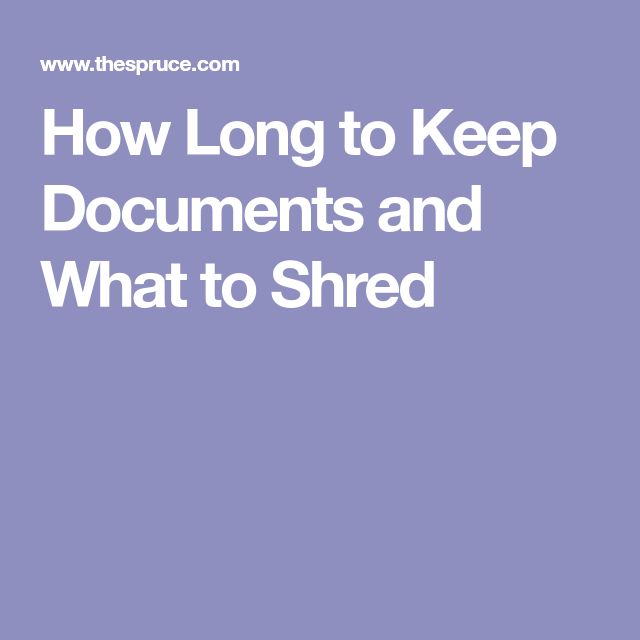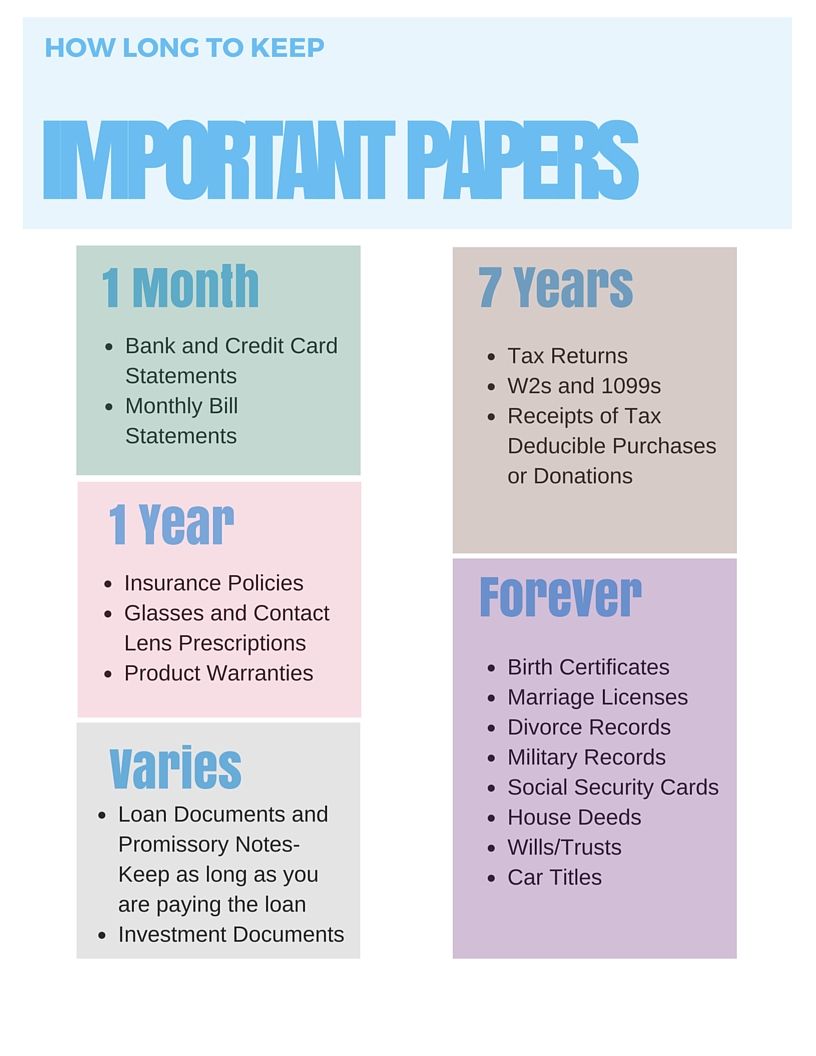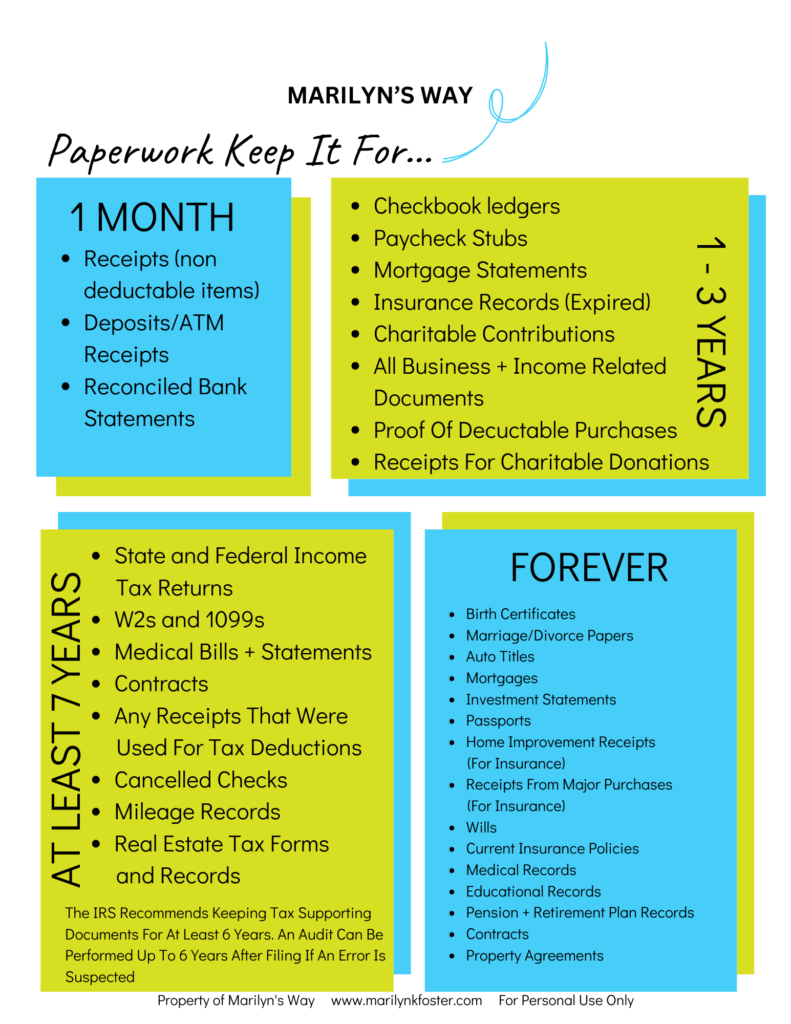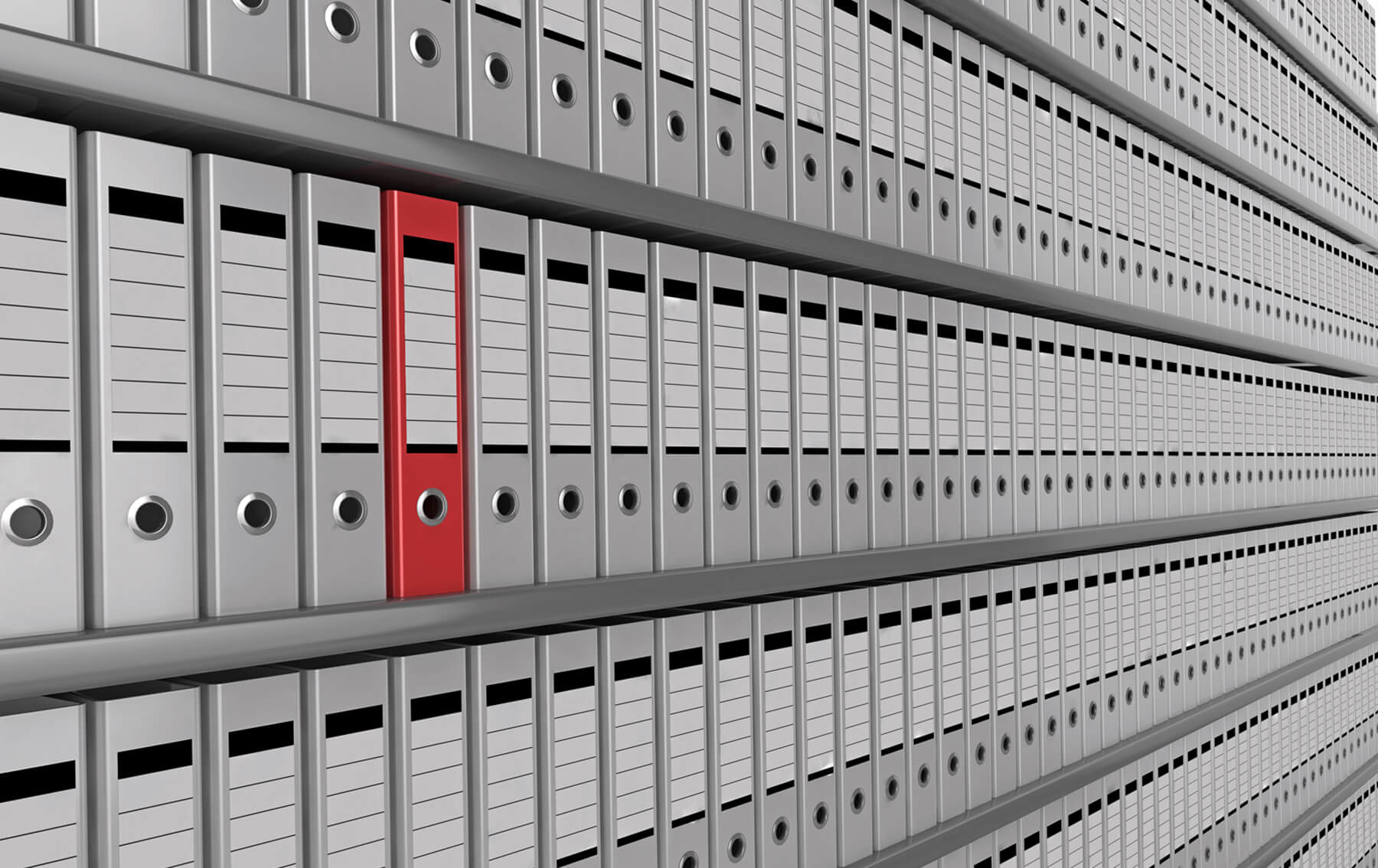How Long Should You Keep CCP Paperwork?

When you're running a food service operation, the importance of maintaining the CCP (Critical Control Point) paperwork cannot be overstated. These documents not only ensure compliance with food safety regulations but also act as a record of your commitment to quality and safety. But how long should you keep these critical documents?
The Importance of CCP Paperwork


CCP paperwork records each step in your HACCP (Hazard Analysis and Critical Control Points) plan where you must control food safety hazards to prevent, eliminate, or reduce hazards to an acceptable level. Here are the reasons why maintaining these records is crucial:
- Legal Compliance: Health inspectors and regulators require these records to verify that your establishment follows all food safety protocols.
- Documentation: In the case of a food safety incident, these records provide evidence of compliance with HACCP principles.
- Continuous Improvement: They serve as a reference to review and improve your safety procedures.
Regulatory Requirements

While regulations might differ based on your location, here are some general guidelines:
- In the United States, under the guidelines of the USDA and FDA, records concerning food safety must generally be retained for a period of at least one year after the expiration of the date of manufacture, although this can extend to three years in certain circumstances.
- Regulations in the European Union typically require records to be retained for a minimum of one year but can go up to three years, or even longer in some EU member states.
🧀 Note: Always check local regulations as they might be more specific or stringent.
Best Practices for Record Keeping


To ensure your CCP paperwork is thorough and effective, here are some best practices:
- Consistent Documentation: Ensure every step of the process is recorded accurately.
- Digital Records: Consider using digital systems to store records, which can offer better organization and accessibility.
- Proper Storage: Physical records should be stored securely and in a manner that prevents degradation.
- Regular Audits: Schedule periodic reviews of your records to ensure accuracy and compliance.
- Training: Regularly train your staff on the importance of proper documentation.
When to Keep Records for Longer

There are scenarios where keeping records for a longer period makes sense:
- Food Safety Incidents: If an incident occurs, records from the time frame of the incident might need to be retained longer for investigation purposes.
- Legal Requirements: Some processes or products may have longer retention periods due to specific legal mandates.
- Quality Assurance: Longer records can be beneficial for internal quality checks and improvements.
How to Manage Your Records


To streamline the management of your CCP paperwork, consider the following:
| Method | Description | Benefits |
|---|---|---|
| Paper-based System | Records are kept in binders or folders. | Traditional and familiar to staff, easy to implement initially. |
| Digital System | Cloud-based or local server storage. | Easy access, searchable, automatic backups, and data analytics. |
| Hybrid Approach | Combining digital and physical records. | Offers the best of both worlds, especially useful in the transition phase to digital. |

Ensuring the accuracy and security of your CCP records is fundamental. Here are some practical steps:
- Use logbooks or checklists to document each critical control point.
- Create a master document that outlines how records are to be managed, including retention periods.
- Implement version control for records to track changes and updates.
🔍 Note: Always label your records clearly and ensure they are easily accessible for audits and inspections.
In summary, maintaining CCP paperwork is not just about meeting regulatory requirements but is also about protecting your business, your customers, and your reputation. While the minimum retention period might be one to three years, the actual length you keep records can be influenced by several factors like the nature of your product, past incidents, and internal quality assurance needs. Keeping detailed, accurate, and accessible records will help you demonstrate your commitment to food safety at any point in time. Remember, these records are not just a regulatory burden; they are a roadmap to continuous improvement and success in the food industry.
Why is CCP paperwork important in food safety?

+
CCP paperwork is crucial because it documents the steps taken to control food safety hazards. This documentation ensures that food safety standards are met, provides evidence during health inspections, and helps in tracking and improving food safety processes.
What should you do with CCP paperwork after the required retention period?

+
After the required retention period, CCP paperwork can be securely disposed of. Ensure sensitive information is shredded or securely deleted if digital, to protect against potential data breaches.
Can a digital system improve record keeping for CCP documentation?

+
Yes, a digital system can significantly improve record keeping. It offers benefits like easy searchability, automatic backups, version control, and the ability to analyze data for trends and improvements in food safety practices.